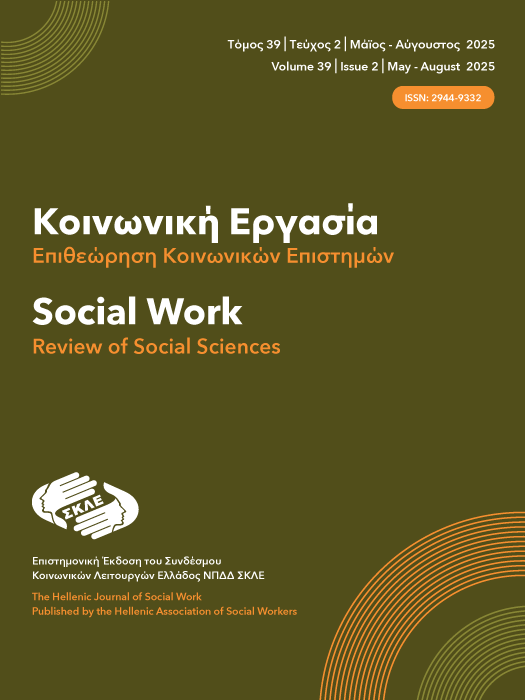The role of pets in older adults: An exploratory study in the Greek population

Abstract
In the international literature, pets have been shown to play an important role in the lives of older adults, influencing various aspects of their lives. However, this field remains largely unexplored in the Greek context. The present study aimed to examine differences between pet owners and non-pet owners in relation to loneliness, social support and depression. At the same time, differences in perceived social support according to whether the pet was considered an equal family member were examined. In addition, the reasons for acquiring a pet and the needs it meets for older individuals were explored. This was an exploratory study with a mixed research design, involving 100 active members of the Open Elderly Care Centers in Patra, aged 60+, without cognitive deficits. Participants had a mean age of 75,14 ± 7,18 years (76% female; 38% pet owners). Analysis showed that there were no statistically significant differences in depression. However, pet owners showed significantly higher levels of social loneliness and lower levels of social support from friends. In contrast, those who considered their pet an equal member of their family reported higher social support from family and significant others. The main reasons for getting a pet were loneliness and getting it due to the rest of the family, while the main need it fulfilled for older people was companionship. This study concluded that pets play an important role in the lives of older people. However, further studies are needed before the scientific community can move on to practical applications.
Article Details
- How to Cite
-
Salachas, A., & Mentis, M. (2025). The role of pets in older adults: An exploratory study in the Greek population. Social Work. Review of Social Sciences, 39(2), 54–68. https://doi.org/10.12681/socialwork-rss.41174
- Section
- Article

This work is licensed under a Creative Commons Attribution-NonCommercial-ShareAlike 4.0 International License.


